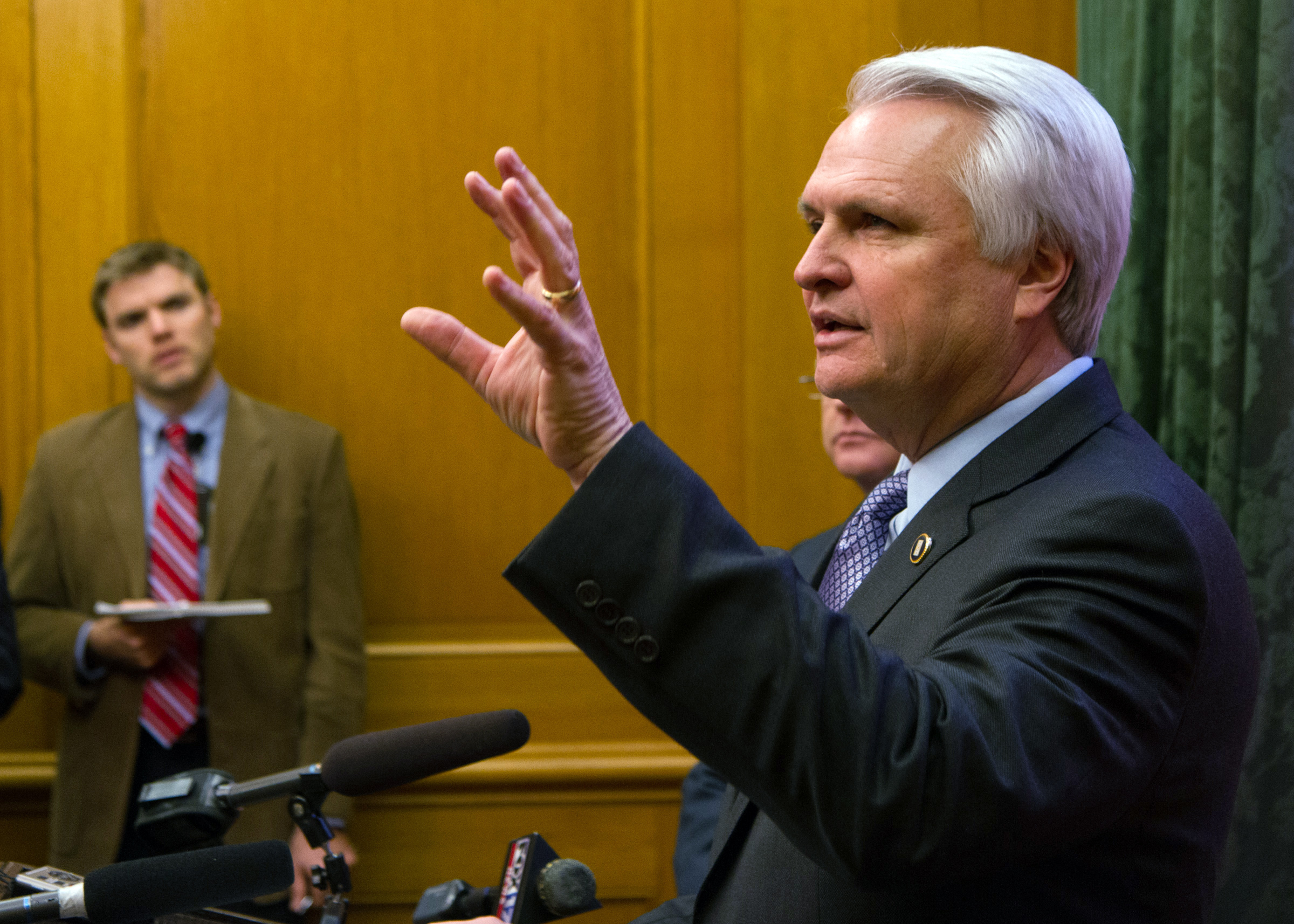NASHVILLE - The Senate moved Thursday to keep guns and handgun-carry permits out of the hands of potentially dangerous mentally ill Tennesseans, passing a bill requiring mental health professionals report to police patients they judge could seriously harm or kill "reasonably identifiable victims."
The bill, a response to mass shootings in states like Connecticut and Colorado, fills in several holes in existing state law.
It also requires court clerks to notify the state within three days about involuntary commitments instead of once every three months. The bill passed on a 33-0 vote with little debate. The bill now goes to the House.
"Mass violence of any sort is a tragic occurrence," said Republican Speaker Ron Ramsey, R-Blountville, the chief impetus for the bill carried by Sen. Ferrell Haile, R-Gallatin.
But he said "the worst tragedy results when the state overreacts to a mass shooting by restricting the Second Amendment rights of the law-abiding. This bill focuses not on inanimate objects but on the very real issue of mental health."
The intent is to focus on the mentally ill "while leaving the law-abiding gun owner free to exercise his God-given constitutional right," Ramsey said.
Mental health professionals like psychologists and psychiatrists are already required to provide notification about potentially dangerous circumstances but they have the option of telling the person's family, those against whom threats are made or police.
Under the bill, police must be notified. The information received would be entered into state databases used for checking on gun purchases as well as those who apply for or already have a state-issued handgun-carry permit to go armed in public.
Proponents say the reported information is kept confidential and used only for the purpose of processing gun-related background checks.
"I feel pretty good about it," said state Mental Health Commissioner Doug Varney, whose office worked with sponsors on the legislation. "The main safeguard I think we're looking at generally is we want to make sure that people who are mentally ill or could be potentially dangerous do not have access to firearms."
At the same time, "We want to make sure that we protect individuals' rights and that too wide a net isn't cast when you try to do that," Varney said.
Mark Greene, a lobbyist who represents state psychologists, said the group was able to work with Varney's office and sponsors and get more comfortable with the legislation.


